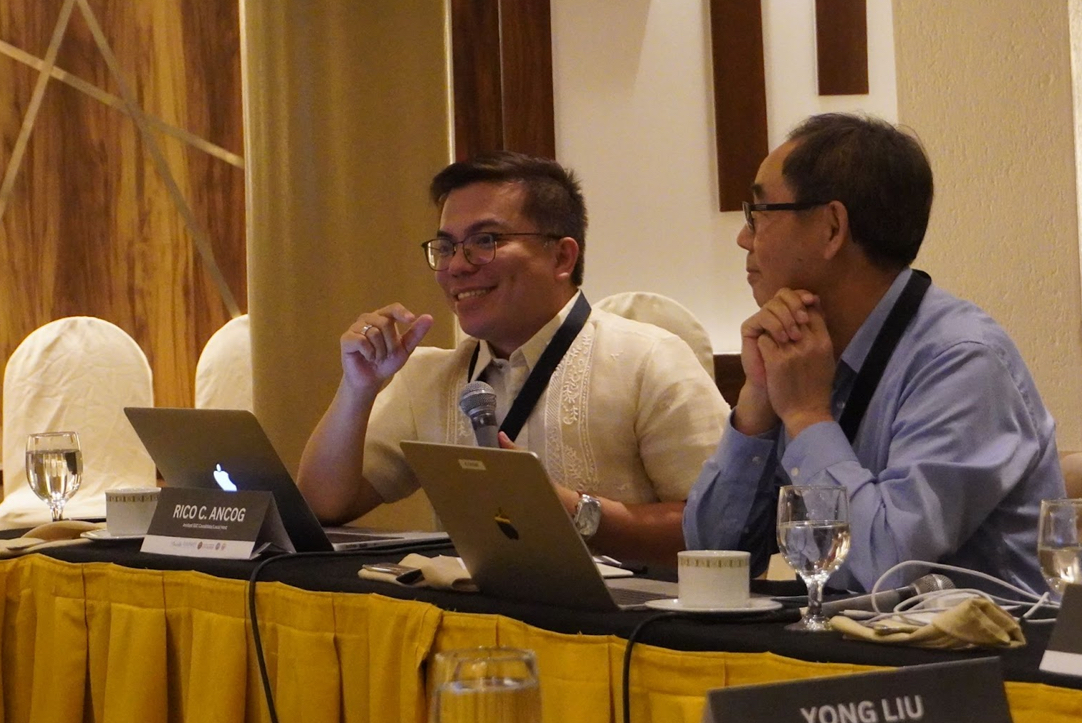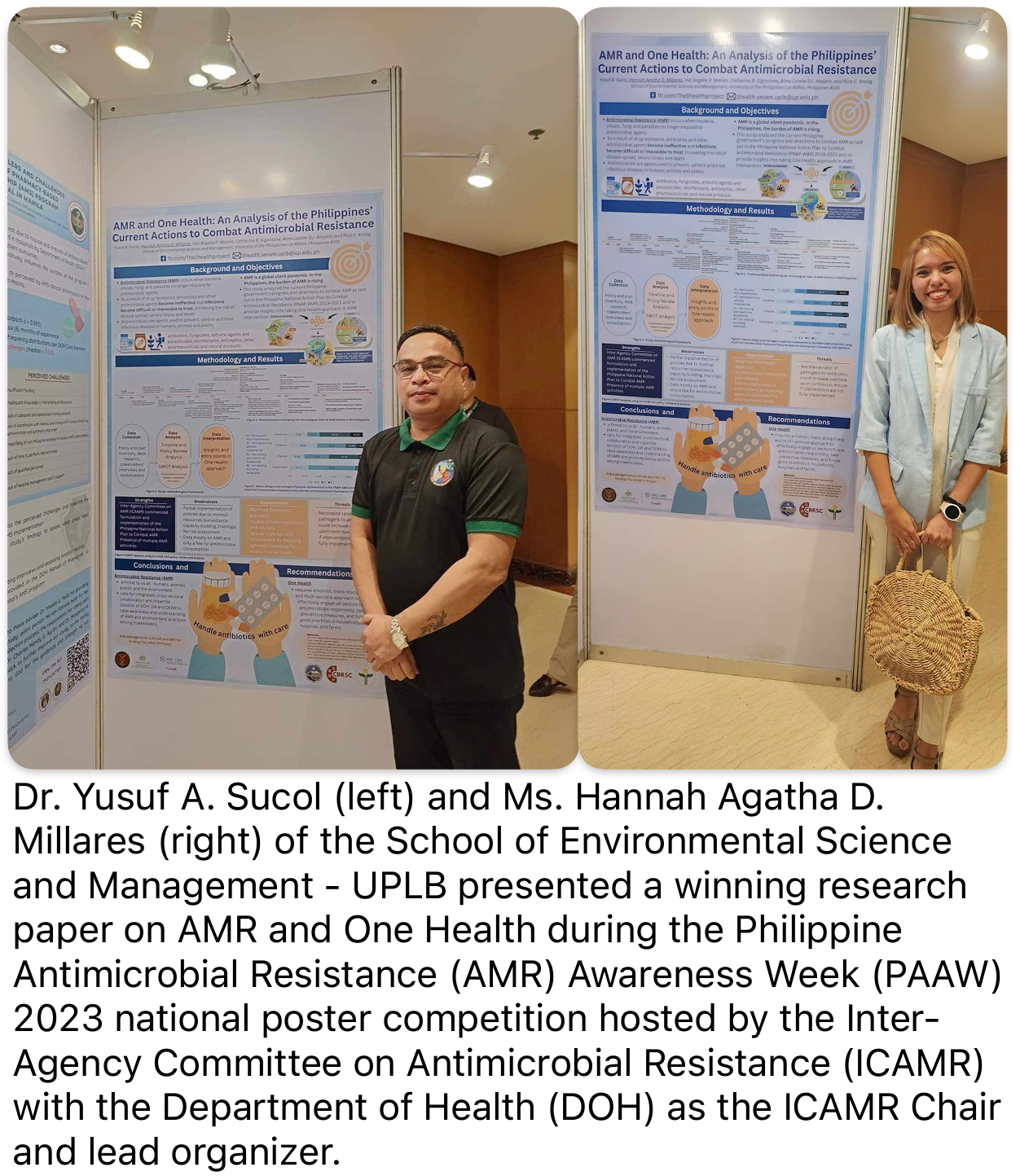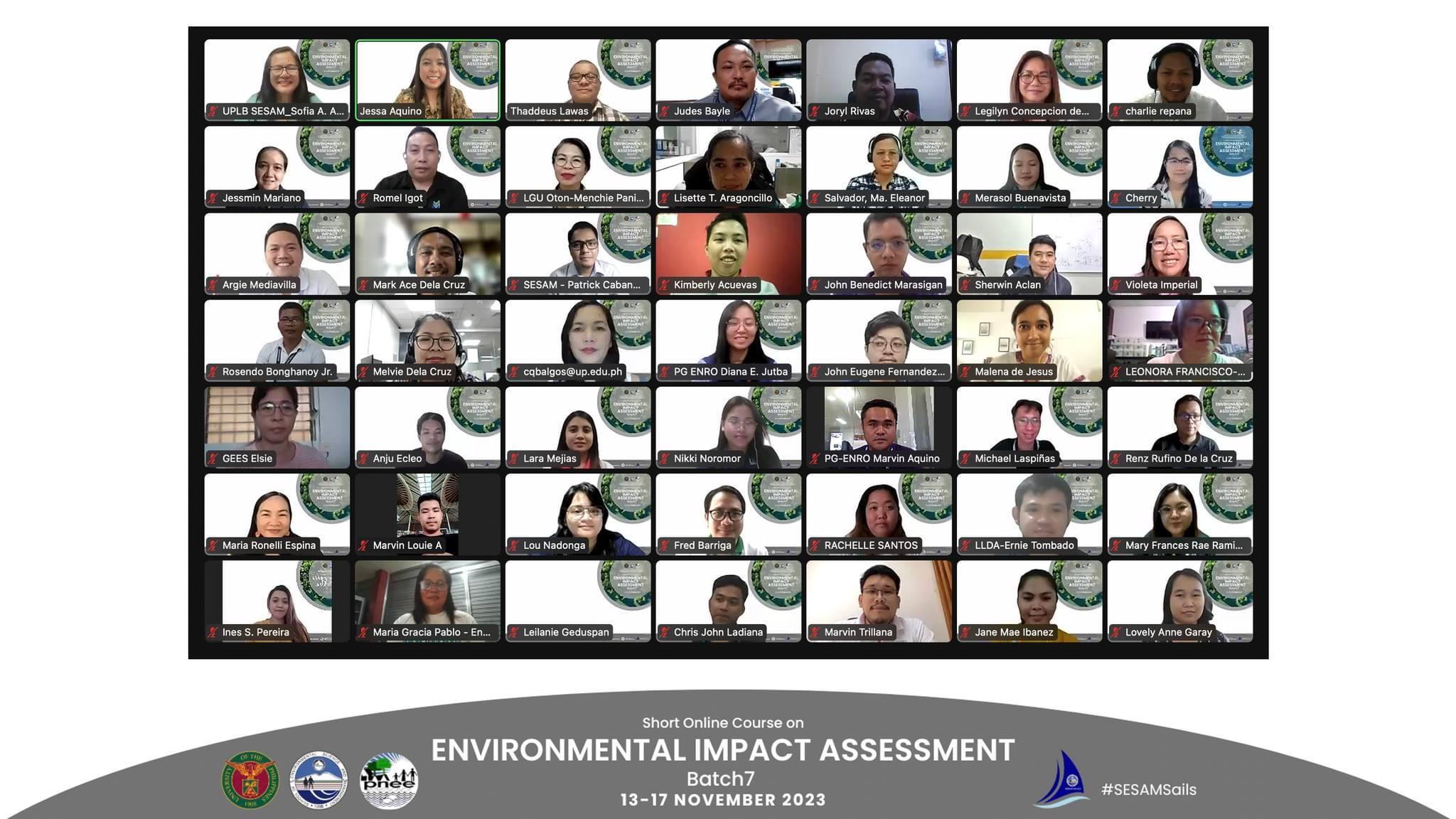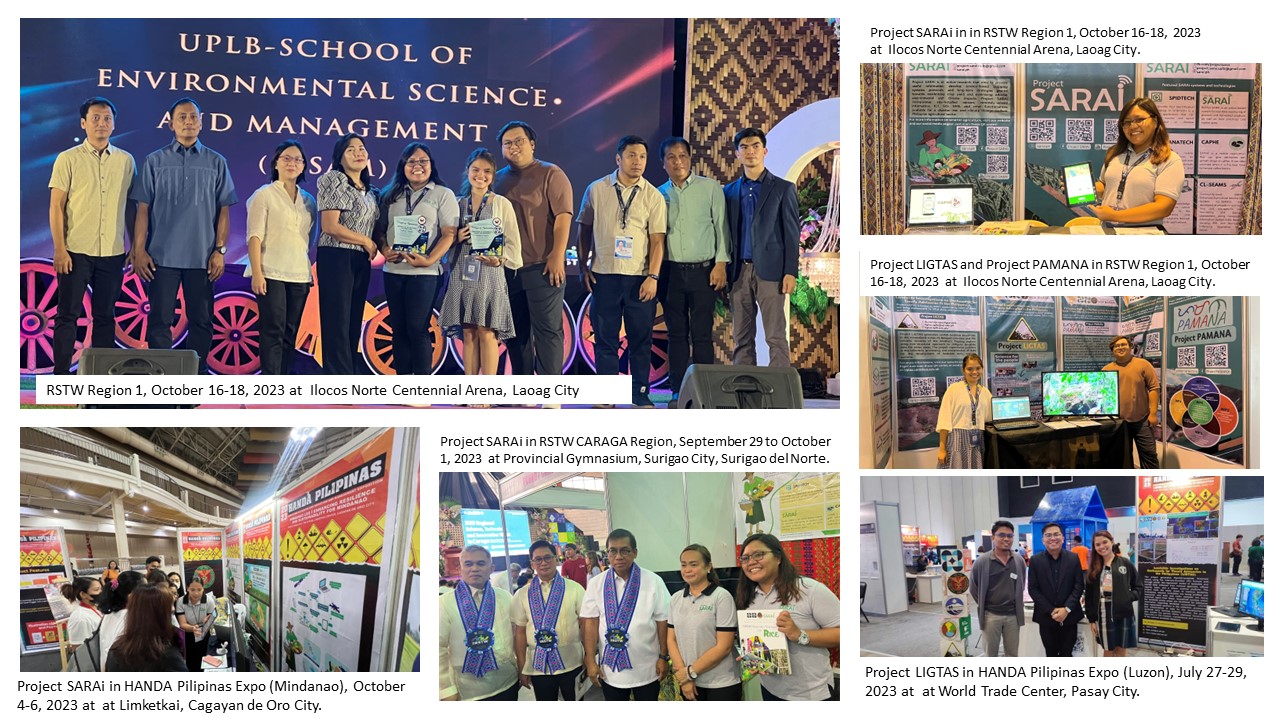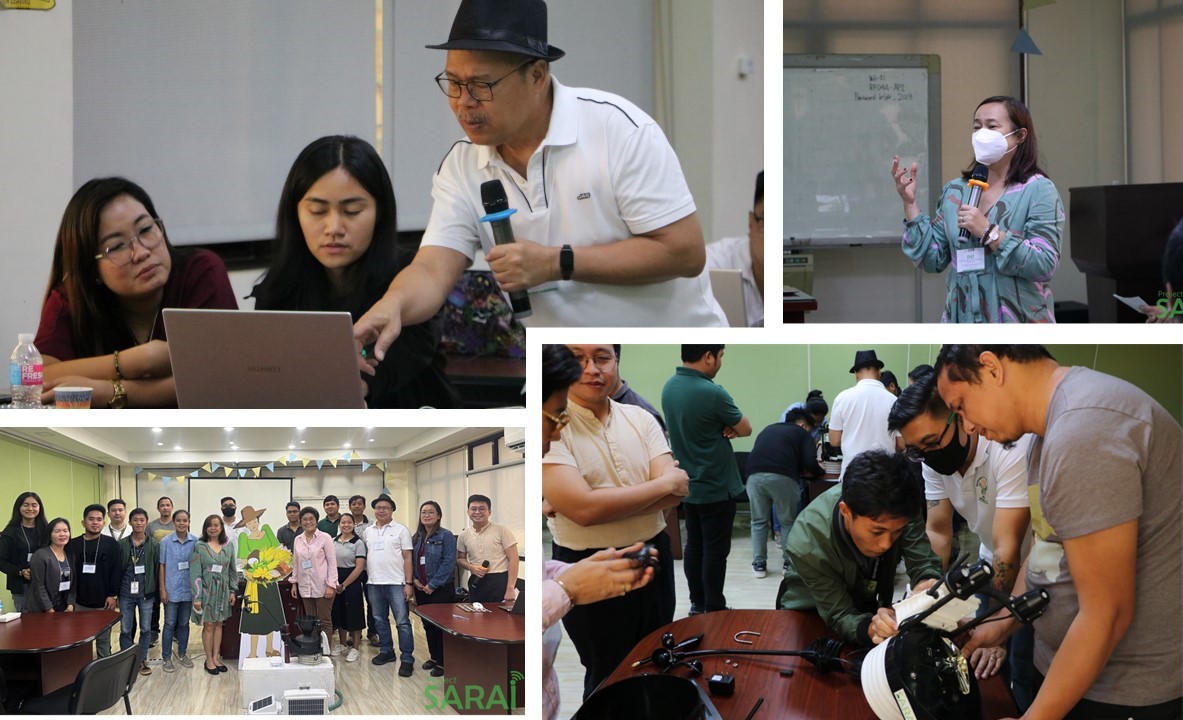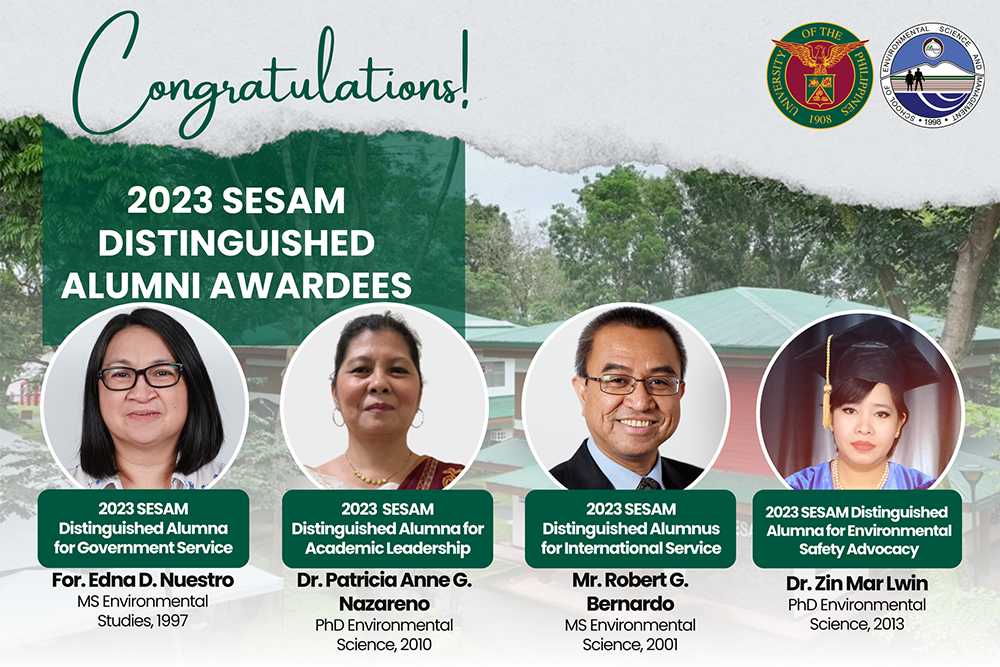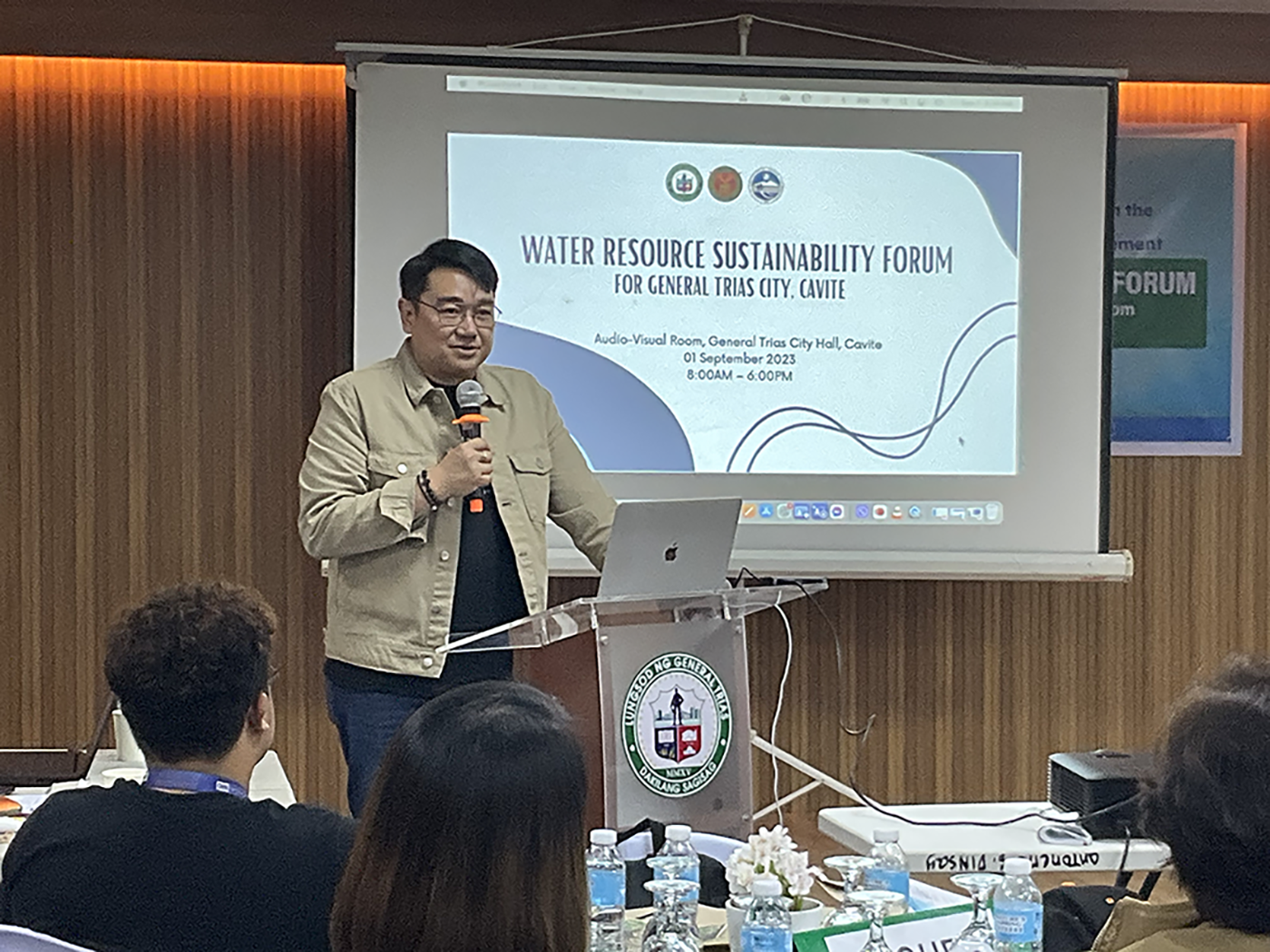In an effort to improve the preparedness of project stakeholders in Laguna, the Area-wide Business Continuity Management (AWBCM) Project recently concluded the Training on Organizational Resilience and hosted a Thanksgiving Celebration on December 7, 2023 at Seda Hotel, Santa Rosa City, Laguna.
The AWBCM Project funded by USAID through the Philippine Disaster Resilience Foundation (PDRF) aims to primarily enhance the resilience of the business and industry communities by establishing a harmonized framework for the continuity of operations and management of service delivery and product distribution among various stakeholders in the province of Laguna. The event was a key component of the AWBCM Project attended by more than 50 participants representing theNational Government Agencies (NGAs), Local Government Units (LGUs), the private sector, and Ecopark locators of Calamba City, Laguna.
The event was comprised two parts: (1) training and (2) thanksgiving. For the first part, the event commenced with the Training on Organizational Resilience. This session served as a knowledge-sharing platform, which tackled a range of Disaster Risk Reduction (DRR) topics. Renowned experts shared their knowledge and experiences in Occupational Safety and Health (OSH), Incident Command System (ICS), and Crisis Management (CM). They included representatives from esteemed organizations such as the Department of Labor and Employment (DOLE), Philippine Disaster Resilience Foundation (PDRF), and Safety Organization of the Philippines, Inc. (SOPI). This training equipped project partners with the necessary skills and insights to navigate upcoming activities in the subsequent year.
The UPLB School of Environmental Science and Management, represented by Mr. Robert Patrick M. Cabangbang, attended the training session as the Higher Education Institution partner of PDRF. A team from SESAM, headed by Dr. Yusuf A. Sucol, will be implementing a Multi-Hazard Risk Vulnerability Assessment within Laguna as part of the AWBCM Project.
The second part of the program unfolded as a thanksgiving gathering that was designed to showcase the noteworthy accomplishments of the AWBCM Project in 2023. PDRF took center stage, presenting their achievements and extending honors to each partner organization or institution for their unwavering commitment as valued partners in the initiative. Adding to the festivities of the event, the Provincial Government of Laguna generously sponsored three enticing raffle prizes—a LED TV, microwave, and desk fan.
The AWBCM team expressed sincere appreciation to all the participants and partners, who graciously spent their time on the occasion, emphasizing their integral role in making the event and the AWBCM Project, on its first year, both a success.
The event marked as a testament to the dedication and collaboration of various stakeholders in fortifying the province’s business and industry organizational resilience, creating a foundation for shared sustainable growth and collective preparedness in the face of potential challenges and future risks. (Robert Patrick M. Cabangbang and Yusuf A. Sucol)



